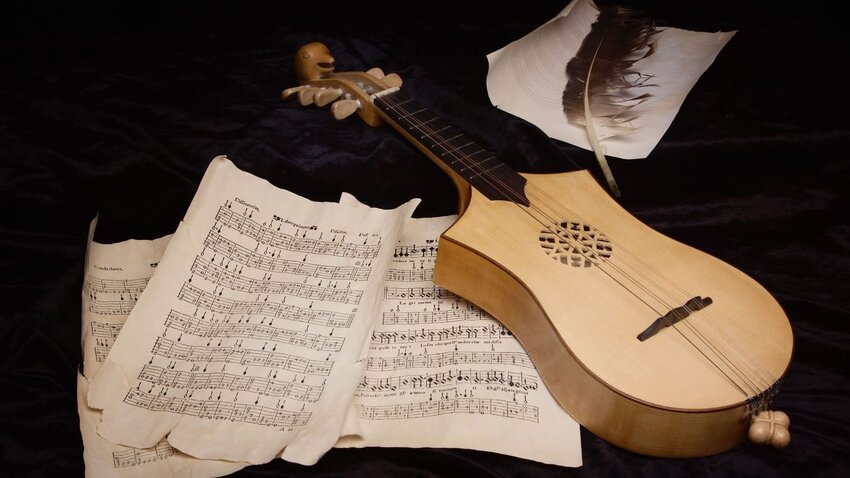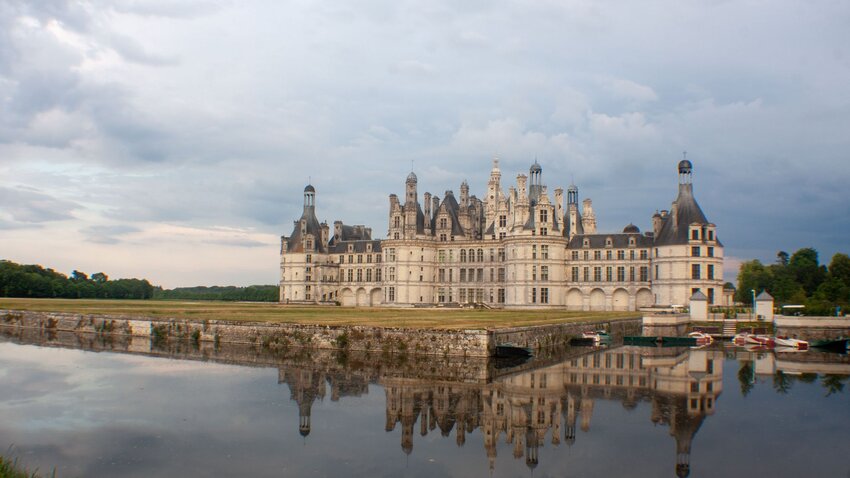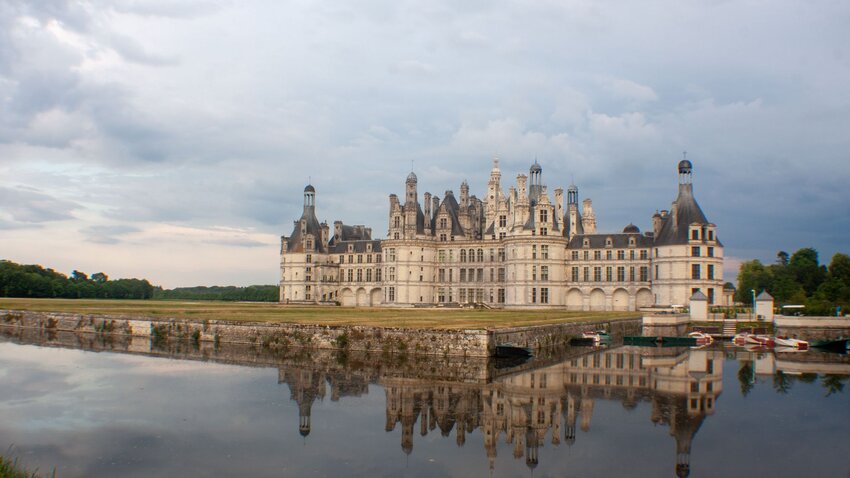
From the 11th to 13th centuries, while the religious wars known as the Crusades raged, poems and speeches in verse became commonplace as a means to translate persuasive devout fervor, propaganda, public opinion, and knightly notions of romance. These poems were built, and altered by, the nature of religious devotion and the attached traits respected and reflected in the society that formed their speakers (the now well-known troubadours and subsequent regional movements).
The trouvère poet-composers in northern France were no less affected by the crusade enthusiasm. This movement emanated from the nobility of the period, who echoed their society’s devout adherence and romantic ideals fitting for knights of religious conquest and protectors of kingdoms.
Just as with troubadours, many trouvère poets were those princes, kings, and other leaders who flocked to the east to fight in the crusades spanning the time period. (1) Their stories translated in poetry and song describe the intensity of the fighting and the ideals that led them to battle. Not only did their status set the trouvère poets apart from the entertaining jongleurs and minstrels that roamed villages, it gave them import and influence in the courts they attended. Trouvères enjoyed special privileges in their positions, and were often sought after and granted great prestige and fame. (2) From reigning monarchs (Richard I) to related nobles like Raoul de Soissons, the songs and poems of the trouvère poets reflected the ideas and values appropriate for the rank, wealth, security, and status of their audiences. Namely, the shifting ideologies of devotion surrounding the Crusades themselves.
Trouvère poets sang and performed stories composed as poems of persuasion, as celebration, and as methods of frightening inactive participants for religious fidelity. Poets reacted to changing public opinion vis-a-vis the crusader and the overarching beliefs about the wars. For example, troubadour and knight Raimbaut de Vaqueiras notably composed a long canso-sirventes celebrating the victory of Constantinople and urged others to join the cause. (3) With the popularization of both crusade sentiment and the means of expressing religious feeling in song, musical entertainment became entrenched in the strong religious ideals that led leaders and kingdoms to war. Given the titles and roles trouvères occupied, their poetry expressed the same holy devotion to urge involvement and tempt glory with romantic ideas of crusading knights.

Alongside the religious devotion of trouvère poetry, the focus on courtly love, fine amours, and earthly views of love likewise reflected their status at the higher echelons of society. Crusading knights were, in their eyes, honorable defenders of their kingdoms and lands. The territory of knights in these times extended to devotion and chivalry just as it does to grand deeds and wooing of maidens. (4)
Trouvère poems included these views of love and romance, even occasionally entering into more earthy reflections of love and the prizes that were awarded to a returning knight. With a reason to fight, the prospect of pursuing and protecting not only in the name of their god, but for a promised epic romantic attachment, trouvères and troubadours were imbued with the spirit of courtly love and extolled these passions in bright colors before admiring audiences.
As leaders and followers of crusading embroilments, trouvère poets furthered the idealistic notions that served as both propaganda and promise. Their stories, told to courts in castles across northern France, mirrored societal attitudes while providing a romanticized version of love, devotion, and religious fidelity.
References
(1) The Trouvères of the Thirteenth Century and Their Songs. (1887). The Musical Times and Singing Class Circular, 28(528), 75–78. DOI: 3360855.
(2) Harvey, R. E. (1993). “Joglars” And The Professional Status Of The Early Troubadours. Medium Ævum, 62(2), 221–241. DOI 43629555.
(3) Puckett, J. (2001). “Reconmenciez novele estoire”: The Troubadours and the Rhetoric of the Later Crusades. MLN, 116(4), 844–889. DOI: 3251761.
(4)Puckett, J. (2001).





